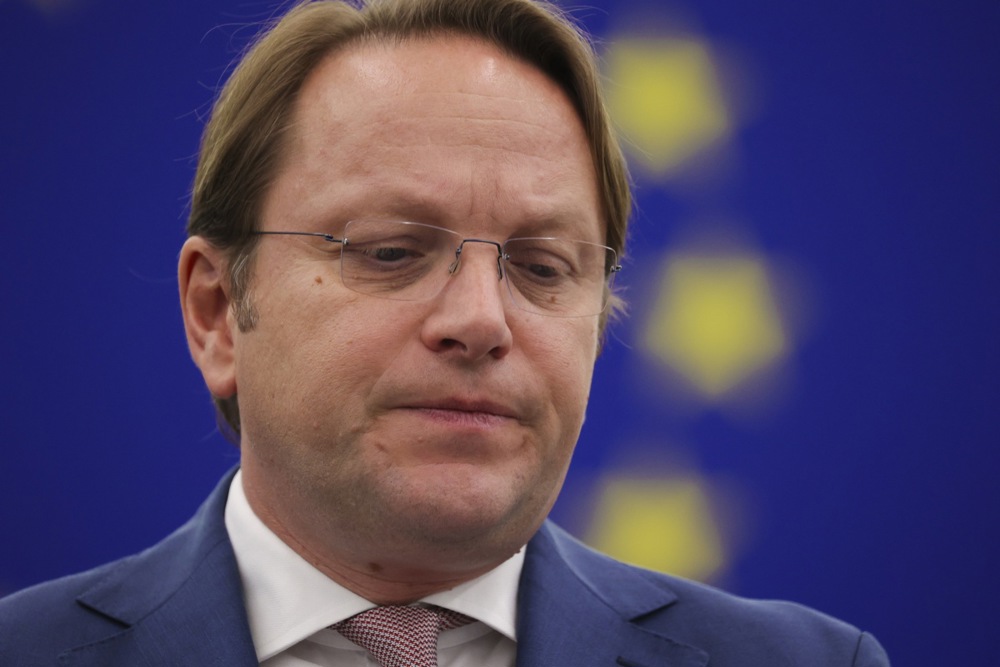MEPs have shot down a proposed ban on “geo-blocking” film and television programmes within the European Union at the last minute, voting through an amendment protecting the practice.
The planned prohibition, scuppered on December 13, would have seen companies forbidden from restricting access to films and TV shows to only certain European countries.
That, the industry warned, would drastically hurt revenues and give US streaming giants a competitive advantage in the EU market.
Such dire warnings appeared to sway those on the European Parliament floor. MEPs voted through an 11th-hour amendment pulling the ban from the Parliaments’ review of geo-blocking within the EU.
“Victory for cultural diversity!” French MEP Emmanuel Maurel wrote in the wake of the vote, adding that the last-minute amendment would protect such diversity within the EU.
Also celebrating the last-gasp shift was the Association of Commercial TV & VoD Services in Europe, with the industry group describing the result as “historic”.
“This is a strong and powerful signal sent to all legislators and particularly the European Commission,” group director Grégoire Polad said.
“Territorial exclusivity and the practice of geoblocking are not a limiting factor but rather an enabler for strong audio-visual production, supply and offers across the European Union.”
Attempts to ban the “geo-blocking” of audio-visual content within the European Union will "severely jeopardise the creative and economic sustainability of the film and audio-visual sector in Europe," MEPs have been warned. https://t.co/xMMw6HAMKq
— Brussels Signal (@brusselssignal) December 11, 2023
Others were less pleased by the outcome, complaining that geo-blocking of entertainment content prevents Europeans from accessing cultural touchstones simply due to what part of the bloc they happen to physically be in.
“Today, the European Parliament had the opportunity to call for the removal of geo-blocking of online content. Unfortunately, that didn’t happen,” Czech Pirate Party MEP Marcel Kolaja said, adding he was “sorry” about the result.
“Geo-blocking fundamentally affects access to culture based on where we are and limits earnings for artists,” he said, vowing to continue to fight the legislation.
The bill’s rapporteur Beata Mazurek seemed less concerned by the last-minute change, insisting that the agreed Parliament report still emphasised that consumers have to be given greater access to cross-border content.
“Consumers must be free to take advantage of the best offers in the European Union and be able to pay with their bank card for online purchases in every member country,” the Polish politician said in a statement seen by Brussels Signal.
“We are redoubling our efforts against price discrimination based on nationality and place of residence,” she added.
“We want to make it easier to collect or organise the shipment yourself when shopping online from a country other than the one in which the consumer is currently located.”
The European Union’s proposed free-speech legislation is “too weak” and does not reflect legal reality, lawyers and media professionals have told Brussels Signal. https://t.co/PRVSOATiYq
— Brussels Signal (@brusselssignal) December 5, 2023





